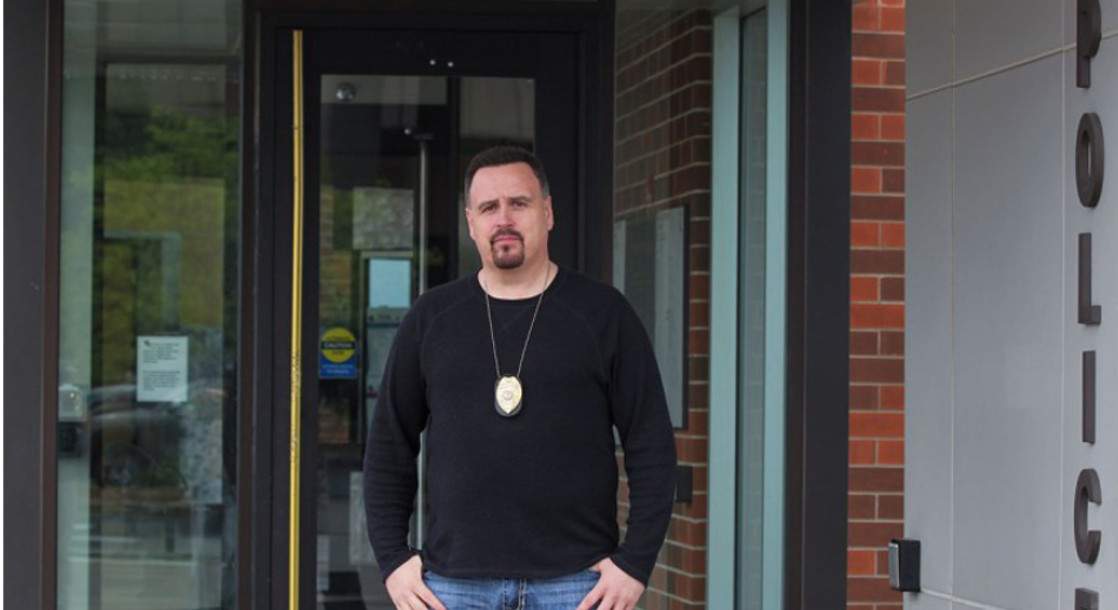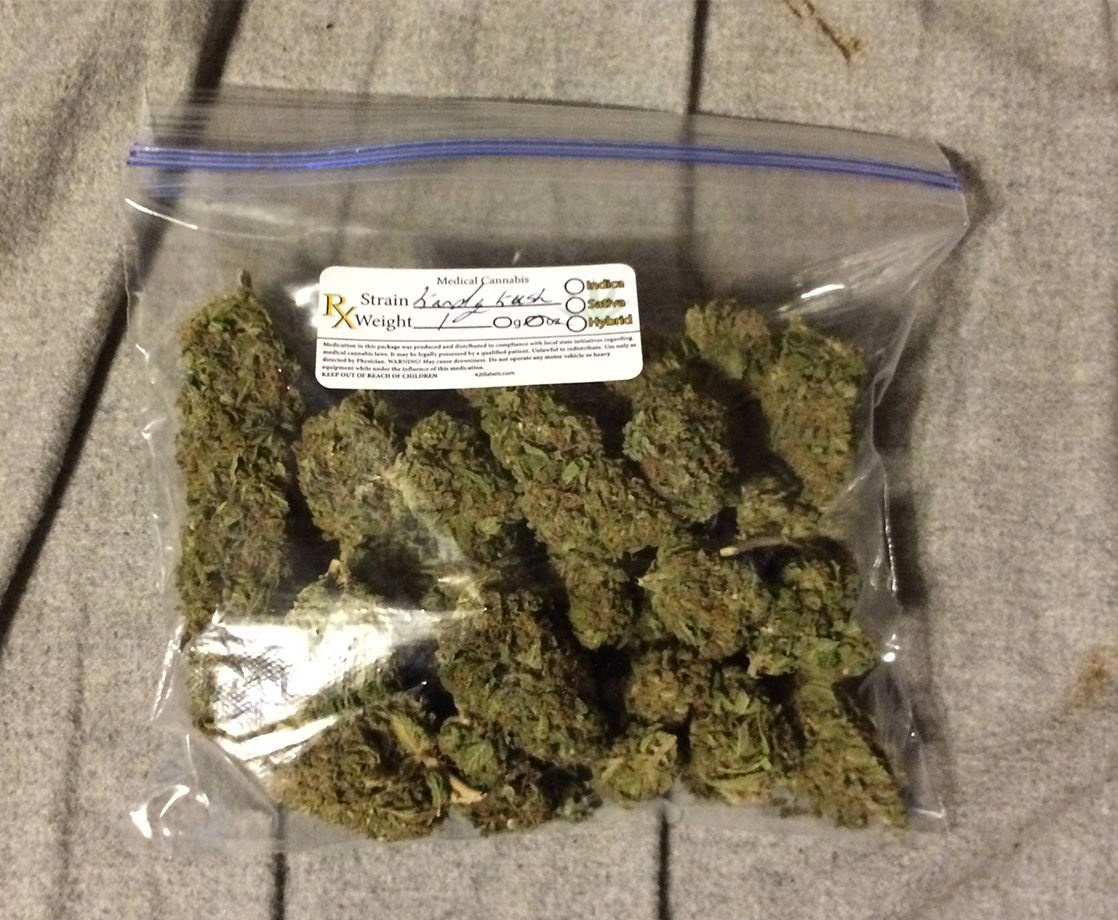Law enforcement agencies in Colorado say they are eager for several more states to legalize marijuana this November. They hope this will prompt the organized crime groups that have moved into the area to relocate to a climate more suitable for growing.
According to CBS Denver, drug cops all across the state of Colorado have their fingers crossed that Arizona, California, Maine, Massachusetts and Nevada will bring an end to pot prohibition at the polls in the upcoming election because they want criminals to have more choices when deciding where to set up illegal marijuana grow operations.
Despite a recent report from the Drug Policy Alliance suggesting that while it is “too early to draw any line-in-the-sand conclusion about the effects of marijuana legalization,” legal weed appears to be working in Colorado and Washington, drug agents stationed in the Centennial State say they have been busier than every busting up the scourge of black market pot commerce.
“Legalization in Colorado has provided a wonderful opportunity for people to engage in organized crime around marijuana,” Jim Gerhardt of the Colorado Drug Investigators Association told CBS.
The report suggests that an analysis of documents from the U.S. Drug Enforcement Administration shows that ethnically based criminal operations, including those from Mexico, Russia and China, have moved into Colorado, where they have been growing marijuana illegally and then shipping it off to other states to be sold on the black market.
“About 18 months ago we started seeing more and more organized crime coming into Colorado and taking advantage of the fact that we have legalized recreational marijuana,” said Tom Gorman with the Rocky Mountain High Intensity Drug Trafficking Area (RMHIDTA).
However, marijuana advocates say Gorman and the RMHIDTA might not be the best source when it comes to accurately painting a portrait of legal weed in Colorado. Earlier this year, Gorman published a report claiming that Colorado has been on the verge of an veritable apocalypse since legal marijuana sales began in 2014.
But Mason Tvert, director of communications for the Marijuana Policy Project, the organization responsible for pushing Colorado’s Amendment 64, told MERRY JANE in September that the Rocky Mountain High Intensity Drug Trafficking Area is not a credible source for what is happening with respect to legal weed in Colorado, as the agency is known for pushing misleading details and even complete fabrications to give off the illusion of a strong case.
Even Colorado Governor John Hickenlooper, who opposed marijuana legalization throughout the Amendment 74 campaign, says legal weed is working, He told Katie Couric earlier this year: “I’m not sure I’d reverse the vote. But, I think we’ve made real progress. And there might be a way to have a better system come out of this. … I am not as negative as I was. I am cautiously optimistic, like we might actually do this.”











